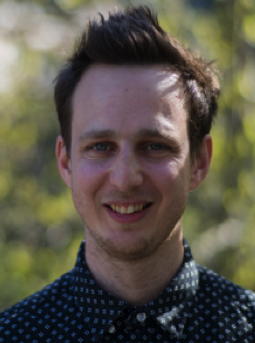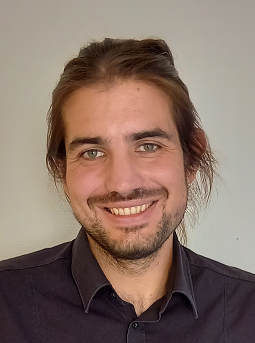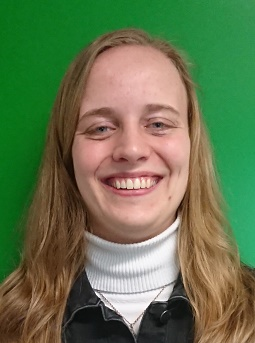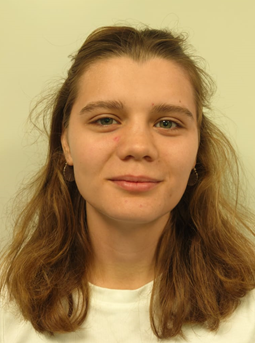Do you want to join a multidisciplinary team working with a new 3D optical imaging technology and develop machine learning models to map in the brain neuronal and cellular objects, their geometry, density and organization? Are you interested in learning about 3D imaging analysis, brain anatomy, collect your own high-quality microscopic data as well as generating synthetic cellular environments to evaluate and train your model? Are you intrigued by solving challenges working with big data? Are you eager to develop innovative solutions in a groundbreaking project at the intersection of neuroimaging and machine learning? If yes, we encourage you to apply and join our team!
DTU Compute’s Section for Visual Computing is opening a PhD position in Machine Learning for Neuronal Feature Identification in 3D Microscopic Imaging. The project is financed by the Independent Research Fund Denmark – and aims at modelling neuronal anatomical compartments from 3D Light-Sheet (label-free- and fluorescence- based) microscopic imaging data. The project will also be carried out at the Danish Research Centre for MR at Copenhagen University Hospital Hvidovre, and in collaboration with IRB Barcelona: Institute for Research in Biomedicine (Barcelona, Spain).
Qualifications
- Master's degree in visual computing, computational science and engineering, or equivalent, with focus on machine learning,
- Experience in Python programming is highly desired,
- Practical experience working with Machine Learning within the image processing and analysis field will be a plus,
- Experience in experimental bioimaging will be highly valued: Interest in data collection, understanding of image data quality concepts for ensuring optimal modelling purposes.
- Interest in learning light-sheet based physics underpinning microscopic image contrast to be modelled,
- You have a good team spirit, innovative and constructive thinking, research excitement. Good English communication skills are essential.
You must have a two-year master's degree (120 ECTS points) or a similar degree with an academic level equivalent to a two-year master's degree.
Approval and Enrolment
The scholarship for the PhD degree is subject to academic approval, and the candidate will be enrolled in one of the general degree programmes at DTU. For information about our enrolment requirements and the general planning of the PhD study programme, please see DTU's rules for the PhD education.
We offer
DTU is a leading technical university globally recognized for the excellence of its research, education, innovation and scientific advice. We offer a rewarding and challenging job in an international environment. We strive for academic excellence in an environment characterized by collegial respect and academic freedom tempered by responsibility.
You can read more about the Microstructure and Plasticity group you be part of, the Visual Computing section and the Department of Applied Mathematics and Computer Science at DTU as well as the Danish Research Centre for MR.
If you are applying from abroad, you may find useful information on working in Denmark and at DTU at DTU – Moving to Denmark. Furthermore, you have the option of joining our monthly free seminar “PhD relocation to Denmark and startup “Zoom” seminar” for all questions regarding the practical matters of moving to Denmark and working as a PhD at DTU.
DTU Compute has a total staff of 400 including 100 faculty members and 130 Ph.D. students. We offer introductory courses in mathematics, statistics, and computer science to all engineering programmes at DTU and specialised courses to the mathematics, computer science, and other programmes. We offer continuing education courses and scientific advice within our research disciplines and provide a portfolio of innovation activities for students and employees.
Technology for people
DTU develops technology for people. With our international elite research and study programmes, we are helping to create a better world and to solve the global challenges formulated in the UN’s 17 Sustainable Development Goals. Hans Christian Ørsted founded DTU in 1829 with a clear mission to develop and create value using science and engineering to benefit society. That mission lives on today. DTU has 13,500 students and 6,000 employees. We work in an international atmosphere and have an inclusive, evolving, and informal working environment. DTU has campuses in all parts of Denmark and in Greenland, and we collaborate with the best universities around the world.






